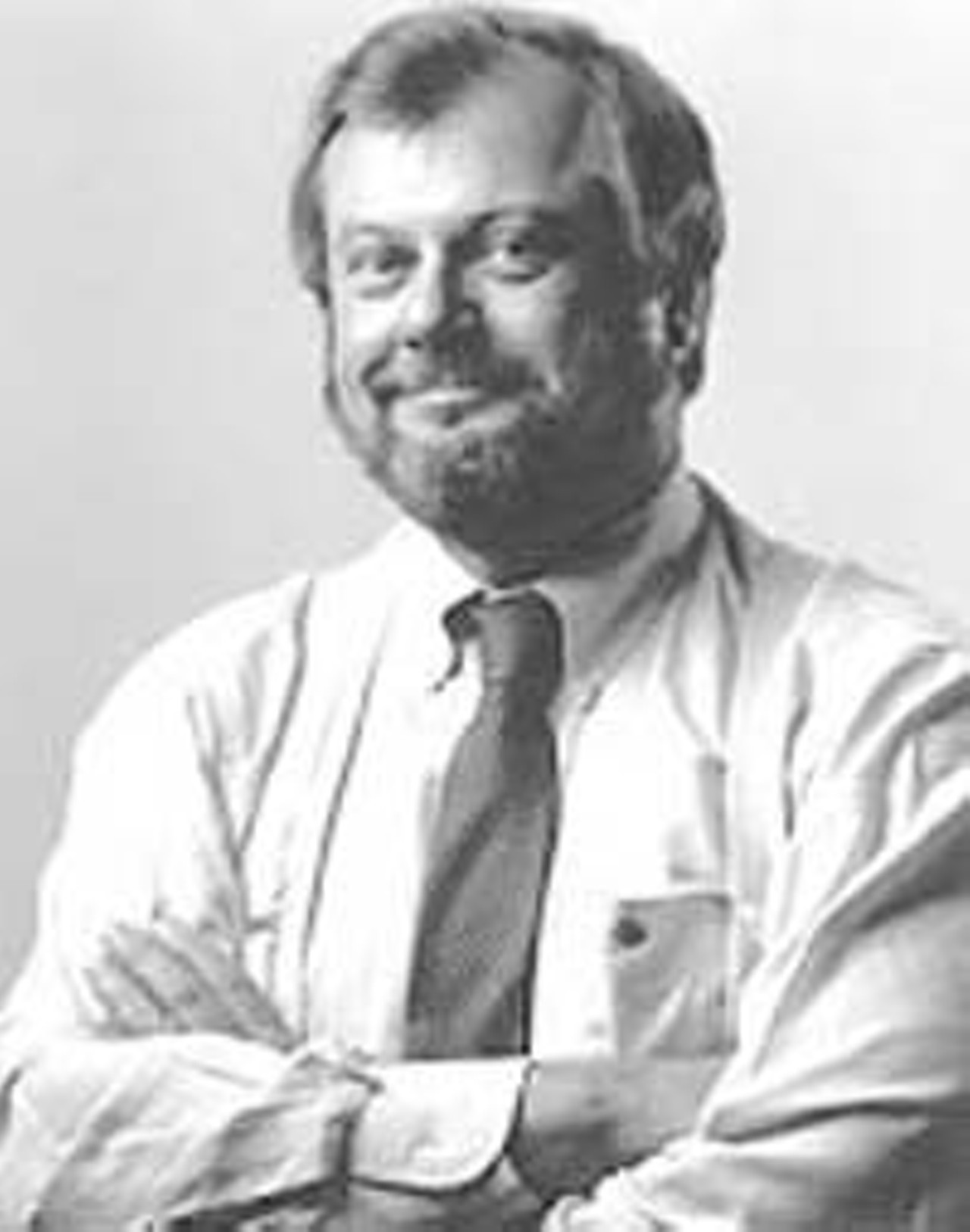Angus McEachran, who, over the course of decades, won awards as a hard-driving journalist and editor and climaxed his career as the 
Angus McEachran as editor of The Commercial Appeal
editor of The Commercial Appeal, his hometown daily newspaper, has died at the age of 78, it was learned from several sources on Monday afternoon.
The CA itself reported McEachran’s passing in a brief online item that cited his daughter, Amanda LaMountain, as the source, and suggested that his death came from an “unexpected illness.” For the time being, until further details are learned, the sequence of events leading to McEachran’s death remains obscure.
Otis Sanford, currently holder of the Hardin Chair of Excellence in Economic and Managerial Journalism at the University of Memphis, and a close friend of McEachran, had worked with him closely, both at the Pittsburgh Press and at the CA, where he held the title of deputy managing editor and was known to have been McEachran’s own choice to succeed him.
Sanford and McEachran had stayed in close touch after the latter’s retirement in 2002, and the two had spent time together as recently as the holidays. Sanford – who, when contacted on Monday, had just learned the news – had the impression that his friend had health problems but could not be specific on the point.
McEachran was schooled at both George Washington University and Memphis State University but never completed a college degree. He was the epitome of the journalist who learned by doing and started his career at the CA in 1960 as a copy boy. He rose rapidly in the ranks, and as Metro editor, became the paper’s top sergeant, respected for his insistence on hustle, good sourcing, and total dedication to getting the story – and feared for his punitive responses to reporters who couldn’t oblige.
In “Paper Lion,” a 2002 story published after McEachran’s retirement as editor, the Flyer’s Mary Cashiola quoted several reporters on the nature of McEachran’s dominion. One, Shirley Downing, said, “You held your breath until Angus would get to your story to see if he would get out his bullshit stamp.” Or, she went on, he would fold it up, set it aflame, and send it flying back to the offending reporter.
At the Pittsburgh Press, the fellow paper then in the Scripps-Howard chain where McEachran became editor in 1983, the same tactics transformed what had been what Cashiola called “a sleepy little news outfit trapped in a time warp” into a crusading, hard-hitting Pulitzer Prize-winning newspaper known for its investigative prowess.
This was the reputation that followed McEachran back to Memphis in 1993, following the unexpected death of.CA editor Lionel Linder in a traffic accident. Those who remembered him from his earlier stint at the CA thought he had mellowed in his demeanor, but his standards remained the same as before.
Though there were skeptics who saw the latter-day editorship of McEachran as fraught with potential conflicts of interest, it was thought by many both that Angus McEachran was the prototypical newspaper editor and that the CA experienced its last and finest heyday during his tenure as editor, which ended before the wave of non-stop retrenchment that has afflicted the paper ever since.
More details as they are known.